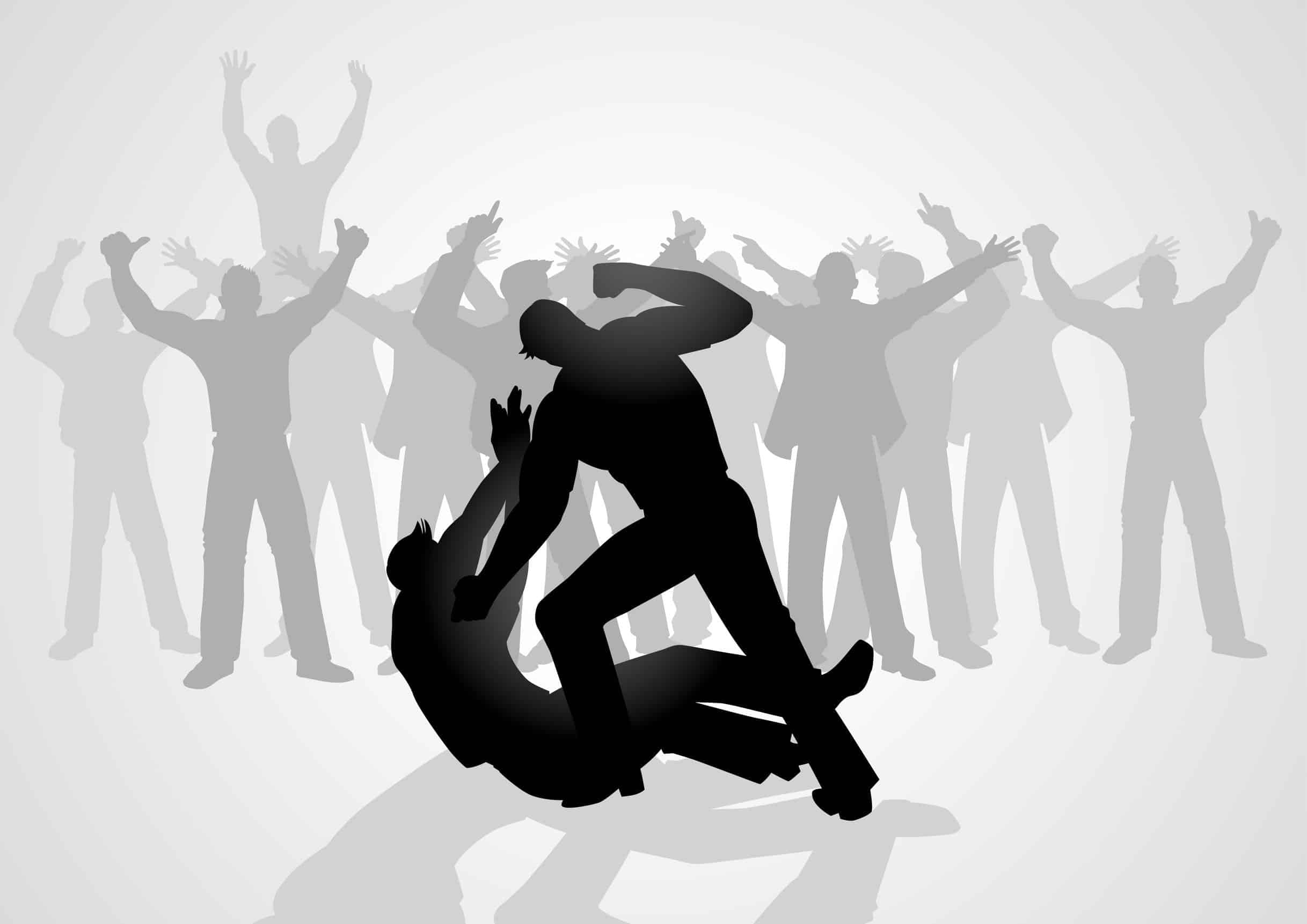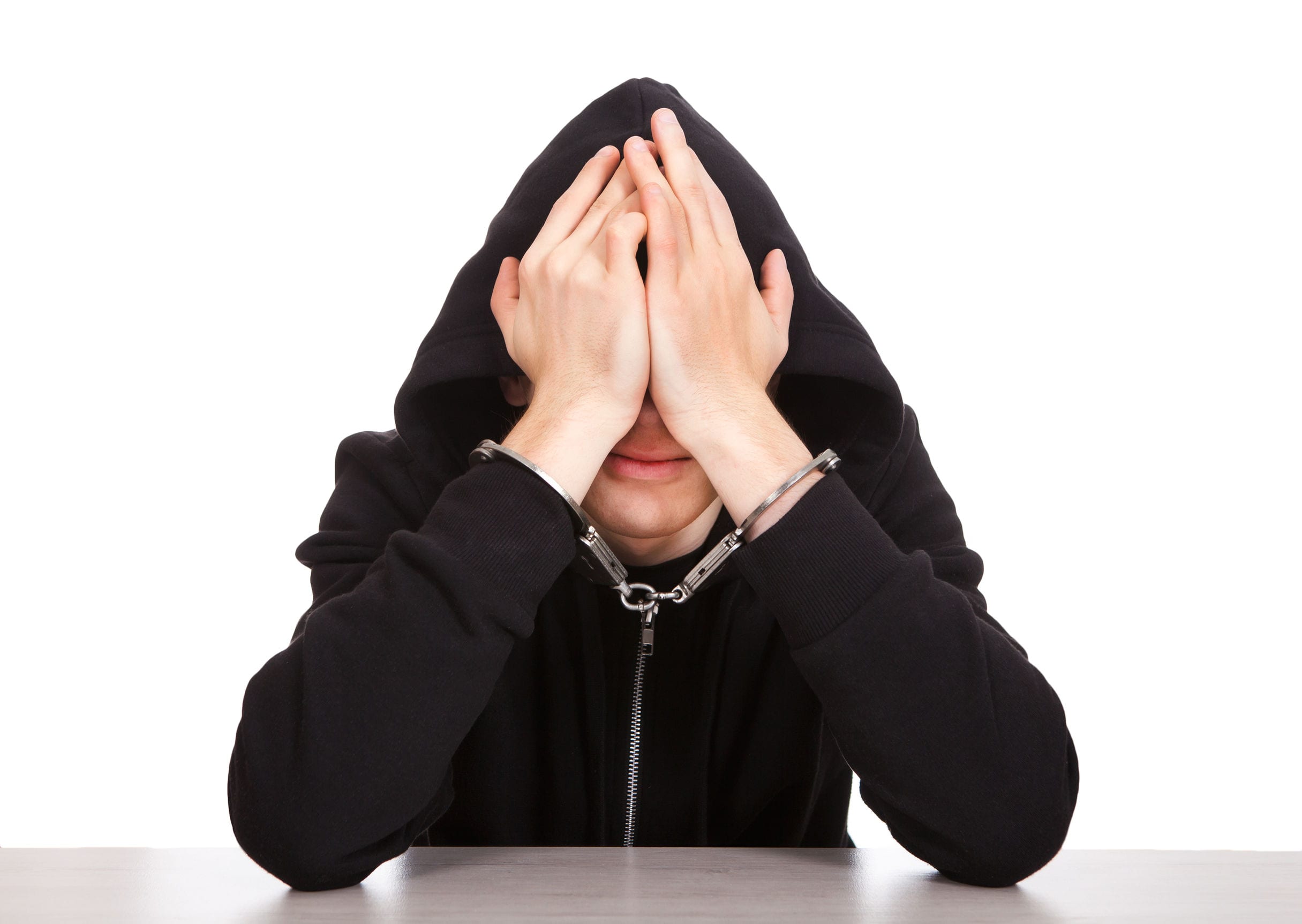- Home
- THE FIRM+
- Criminal Defense+
- CASE RESULTS
- AREAS WE SERVE+
- FAQ’s
- Blog
- Contact
AZHARI LLC BLOG

Posted By: Sami Azhari
Category:
If your teen gets involved in a school fight, it might seem like no big deal, but you should be aware that he or she may be charged with assault under Illinois law.
Case-in-point: seven teens were arrested and one teen was hospitalized after a fight recently broke out at Champaign Centennial High School. The charges include aggravated battery and mob action.
In this case and others like it, students may not only face disciplinary action from their schools but also legal consequences for inappropriate behavior at school.
In this post, we’re going to explain how a school fight can cause legal problems and what a knowledgeable Chicago criminal attorney can do to help you.
Charges for School Fights in Illinois and Beyond
Across the nation, public schools are enacting tougher consequences for school fights. They may or may not call the police for backup when fights occur.
Some people feel that with the rise in violence on school campuses, student safety must be protected with greater care. This means that more criminal charges are being filed against teens involved in significant fights at school.
These are the types of charges your teen may face if accused of fighting at school in Illinois.
Assault
Assault is acting with intent to cause a person to fear imminent violence against them. Threats of violence can be considered assaults when spoken angrily and accompanied with conduct that suggests the threat is real. For example, if you approach someone with a raised fist, you may be accused of assault if the alleged victim reasonably believes you are about to strike them.
If convicted at the adult level for assault in Illinois, a teen could face a class C misdemeanor charge. The penalties involve up to 30 days in jail, a fine of up to $1,500, or both. The judge may decide to assign between 30 and 120 hours of community service in lieu of jail time or fines.
Aggravated Assault
The difference between simple assault and aggravated assault is the level of injury allegedly caused by the defendant. If the victim experiences permanent disability, disfigurement or severe bodily injury, a charge of aggravated assault may apply. The charge will also apply if the defendant used an explosive device, deadly weapon or firearm during the crime. Also, if certain protected persons are injured, including school staff, the charge of aggravated assault automatically applies.
Aggravated assault is a class A misdemeanor. A conviction will result in a prison sentence of up to one year, a fine of up to $2,500, or both. Under certain circumstances, aggravated assault is a class 4 felony in Illinois. An experienced Chicago defense attorney will know how the law applies in your case.
Battery
Battery is the intentional act of provoking or insulting another person with physical contact. It can also involve intentionally causing bodily harm to another person. If your teen grabs or rips someone else’s clothing in an angry scuffle, they can potentially be charged with battery because the law also covers a person’s clothing.
In Illinois, the charge for battery varies according to the seriousness of the crime. It is normally a class A misdemeanor charge with the same minimum penalties as for aggravated assault. However, battery can be a felony charge that could result in lengthy prison sentencing under particular circumstances. Check with a criminal defense attorney to understand the penalties for the charges your child is up against and learn what defenses are most likely to help.
A Strong Legal Defense Is the Best Way to Protect Your Child’s Future If Charged
If you have noticed that your teen has a temper and worry that they might engage in actions like these, talk with them about the potential consequences. If the mistake has already been made, make sure they understand the gravity of the situation, but offer them support by doing what you can to put together the strongest legal defense possible.
Contact a defense attorney today to help you with your case.
About the Author
Sami Azhari has been working as a lawyer since 2007, after receiving his Juris Doctor from the Michigan State University College of Law. He has handled numerous state and federal cases, and is known throughout the Chicago and Rolling Meadows area for providing his clients with high-quality, skilled representation. He has been recognized by SuperLawyers, the National Trial Lawyers Association, and other notable organizations, and has spoken at a number of legal conferences.


























































